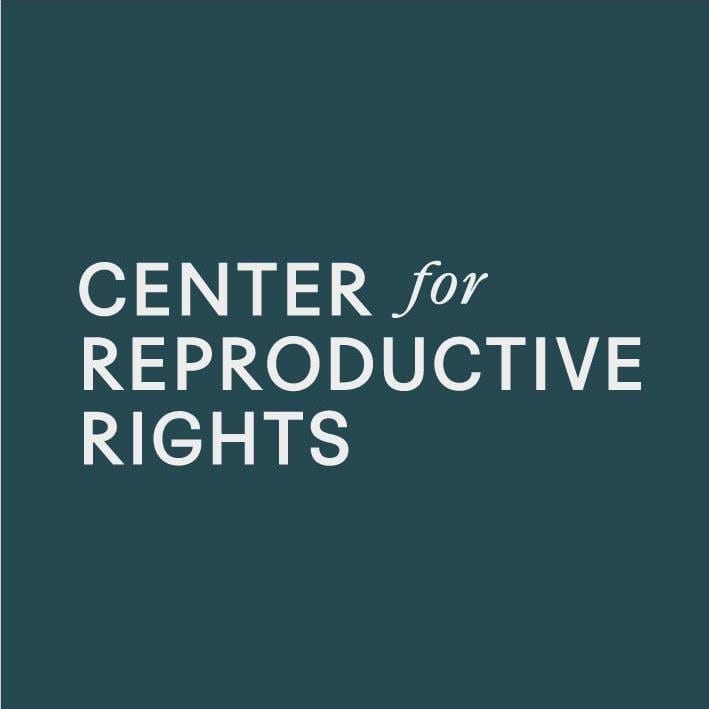Tennessee’s Mandatory Waiting Period for Abortion: “Highly Insulting and Paternalistic”

Update: On 4/23/21, the Sixth Circuit Court of Appeals reinstated the 48-hour mandatory waiting period, allowing it to take effect immediately in Tennessee. Patients at health centers at the time of the ruling were immediately blocked from obtaining abortion care. Read more about this ruling: Appeals Court Reinstates Forced Waiting Period for Abortion in Tennessee.
______________
After Center Lawsuit, Court Strikes Down Burdensome Obstacle to Care
Before being struck down by a federal district court earlier this month, Tennessee’s mandatory waiting period posed onerous obstacles for people seeking abortion care. Patients were forced to make at least two separate trips to their provider. At their first appointment, patients received state-mandated information about the procedure. Then they had to wait at least 48 hours before making a second trip back to their provider for the procedure.
Day-to-day practicalities would often make the delay much longer than 48 hours. For those with low incomes or who must travel great distances, lost work time, increased childcare costs, transportation difficulties, and perhaps even hotel expenses would make the second trip difficult, even impossible for some.
Because of those burdens, a federal district court declared Tennessee’s mandatory 48-hour waiting period unconstitutional in response to a lawsuit by the Center for Reproductive Rights and its partners.
“It is apparent,” the court said in its October 14 ruling, “that this waiting period unduly burdens women’s right to an abortion and is an affront to their ‘dignity and autonomy,’ ‘personhood’ and ‘destiny,’ and ‘conception of…[their] place in society.’”
The decision also described the state-mandated information as “at best, a purposeless redundancy and, at worst, an interference with the informed consent process.”
“Patients should be trusted to make decisions about their own families and health care,” pointed out Autumn Katz, Senior Counsel at the Center. “This law is demeaning and actually harms patients by imposing unnecessary costs and pushing abortion later in pregnancy. We hope this decision serves as a wake-up call to lawmakers trying to interfere with patients’ personal medical decisions.”
In rejecting the state’s arguments justifying the law, the court added, “Defendants’ suggestion that women are overly emotional and must be required to cool off or calm down before having a medical procedure they have decided they want to have, and that they are constitutionally entitled to have, is highly insulting and paternalistic—and all the more so given that no such waiting periods apply to men.”
The case was brought by Tennessee reproductive health care providers, represented by the Center, Planned Parenthood Federation of America, Kramer Levin Naftalis & Frankel LLP, Barrett Johnston Martin & Garrison, LLC, and Jessee & Jessee.
Mandatory Waiting Periods “Harmful to Women’s Health”
Major medical associations denounce waiting periods and two-trip requirements for abortion. The American College of Obstetricians and Gynecologists (ACOG) states that these types of laws “marginalize abortion services from routine clinical care and are harmful to women’s health.”
In challenging the Tennessee law, the Center argued that the waiting period created significant burdens such as increased costs and delayed appointments, which have the effect of punishing people who already face systemic barriers to accessing reproductive care, including individuals with low incomes, people of color, people living in rural areas, and individuals in abusive relationships.
The Center also argued that there is no scientific basis for opponents’ claims that abortion has harmful effects on mental health or that a waiting period increases patients’ certainty about their decision. The court found that “at least 95% of women are certain of their decisions, post-abortion regret is uncommon, and abortion does not increase women’s risk of negative mental health outcomes.”
Providers in the case testified that since the waiting period measure took effect in 2015, they saw fewer low-income patients obtaining abortions at their facilities, and more patients obtaining procedures later in pregnancy. Although abortion is extremely safe throughout pregnancy, risks increase as pregnancy progresses.
In its ruling, the court wrote that “the vast majority of patients seeking an abortion are certain of their decisions by the time they first appear at a clinic, and therefore the most likely reason they do not appear for a second appointment is that they cannot overcome the financial and logistical barriers the 48-hour waiting period imposes.”
Rebecca Terrell, executive director of CHOICES Memphis Center for Reproductive Health, one of the plaintiffs, said, “We are so glad that we can now schedule our patients for care in a manner that centers their needs, not the political vagaries of our state government.”
Ruling Applies the “Undue Burden” Legal Standard
The Center argued that the forced waiting period was unconstitutional, as it imposed significant burdens while offering no measurable benefits. Applying the undue burden test first articulated by the Supreme Court in Planned Parenthood v. Casey (1992), the court found that Plaintiffs had provided “overwhelming evidence that the 48-hour waiting period (in addition to serving no legitimate purpose) severely burden[ed] the majority of women seeking an abortion.”
Tennessee Already Hostile to Abortion Access
The Tennessee waiting period requirement is just one part of a nationwide effort to legislate abortion out of existence. Since 2011, anti-abortion lawmakers have enacted more than 450 state laws restricting abortion care. The Center is pursuing dozens of legal actions against such laws in its effort to defend and advance reproductive rights.
Tennessee has one of the highest poverty rates in America, with poverty disproportionately impacting women, especially those who already have children. At the same time, the state’s abortion restrictions make it one of the most hostile states in the country for people seeking to exercise their constitutional right to abortion care.
Over the summer, in another Center case, a federal district court blocked Tennessee’s cascading abortion ban, which criminalizes the provision of abortion care as soon as fetal cardiac activity develops, and if that ban is invalidated, then at various points in pregnancy prior to viability. The court also blocked another provision that purports to ban abortion if the provider knows it is being sought for reasons of race, sex, or a prenatal diagnosis indicating Down syndrome. That case is currently on appeal before the Sixth Circuit Court of Appeals. And just last month, in another Center case, a federal district court blocked another Tennessee abortion restriction that would force providers to share false and misleading information with patients about the potential to “reverse” a medication abortion.
The Center is also challenging waiting periods in Florida, Louisiana, Mississippi, Oklahoma, and North Carolina.
Details about abortion restrictions in Tennessee can be found on the Center’s “What if Roe Fell?” digital map that provides a state-by-state analysis of abortion policies.

